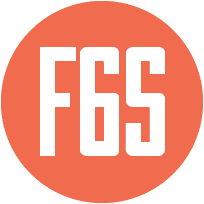2. Blockchain Integration:
a. Transaction API:
-
Transferring Tokens: Players can transfer energy tokens to each other, which might be used for in-game trades, purchasing virtual land, or any other in-game services. The API will facilitate these transactions by taking the sender's address, receiver's address, and the amount as inputs.
-
Spending Tokens: When players want to make modifications, register chunks, or perform any action that has an associated energy token cost, the API should facilitate the spending or deduction of these tokens from the player's account.
-
Earning Tokens: Players can earn energy tokens through various means such as seeding chunks, validating transactions, or participating in in-game events. The API will credit the respective player's account with the earned tokens.
b. Smart Contract Interaction:
-
Chunk Registration: When a player wishes to register a chunk, a smart contract can be invoked to record the ownership of that chunk on the blockchain, associating it with the player's address.
-
Validation and Consensus: Smart contracts can also be employed to manage the consensus process. When a block or chunk is modified, the contract can handle the validation process, ensuring the change adheres to game rules and resolving any conflicts that might arise.
-
Managing NFT Assets: Unique game assets, such as rare items or unique block designs, can be represented as NFTs. Smart contracts will handle the creation, transfer, and management of these NFTs, ensuring their uniqueness and ownership.
c. Ledger Querying:
-
Retrieving Chunk Data: Game clients can query the blockchain to retrieve the latest state of a specific chunk, ensuring they always load the most up-to-date version of the game world.
-
Transaction History: Players might want to view their transaction history, including token transfers, chunk registrations, or NFT trades. The ledger querying function allows clients to fetch these details from the blockchain.
-
Network Statistics: For a broader view of the game's ecosystem, players or developers can query the blockchain for network-wide statistics, such as the total number of registered chunks, the total amount of energy tokens in circulation, or the most active players.
d. Event Subscriptions:
-
New Block Confirmations: As new blocks are added to the blockchain, game clients can receive real-time notifications. This helps in updating the game state promptly.
-
Token Transfer Alerts: Players can be notified instantly when they receive energy tokens, ensuring they're always aware of their token balance and any changes to it.
-
Smart Contract Executions: Whenever a smart contract associated with the game is executed, be it for chunk registration, NFT trades, or any other function, subscribed clients can receive notifications. This can be particularly useful for developers or players tracking specific in-game events or assets.
Conclusion:
Integrating blockchain into the game provides a robust and transparent mechanism for handling game economics, assets, and world state. Through the combination of transaction APIs, smart contracts, ledger querying, and event subscriptions, you can create a decentralized game environment where players have full control and visibility over their assets and actions. This not only enhances the gaming experience but also adds a layer of trust and security to the game's ecosystem.

